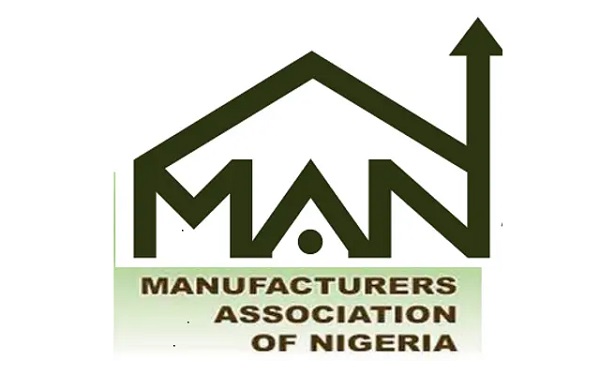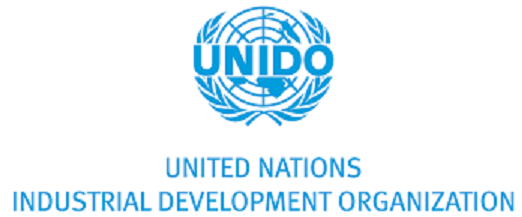The Manufacturers Association of Nigeria (MAN) has raised concerns over a 9.5 per cent decline in credit to the manufacturing sector, which fell to N7.72 trillion as of March 2025, from N8.53 trillion in December 2024. The association warned that the fragile recovery of the sector could be derailed without urgent policy interventions.
Presenting the findings in the Third Quarter 2025 Manufacturers CEO’s Confidence Index (MCCI) report in Lagos on Tuesday, MAN said that reduced credit access, high energy costs, and foreign exchange scarcity continued to weigh heavily on the performance of Nigeria’s real sector despite modest signs of recovery.
Director General of MAN, Segun Ajayi-Kadir, said manufacturers were still struggling to stay afloat amid harsh business conditions. “High lending rates averaging 36.6 per cent, declining credit access of N7.72 trillion, and rising unsold inventories of N1.04 trillion continue to limit manufacturing performance,” he stated.
Ajayi-Kadir noted that while capacity utilisation improved to 61.3 per cent in the first half of 2025, up from 57.6 per cent in the second half of 2024, the gains were modest and could easily fade without targeted interventions. “The manufacturing sector is beginning to find its footing after a long period of turbulence. However, this recovery is fragile and could easily falter if we do not receive deliberate, industry-friendly interventions,” he said.
He urged the Federal Government to adopt measures that would reduce energy costs, strengthen foreign exchange liquidity, and expand access to affordable credit to drive industrial growth.
The report showed that manufacturing value added fell sharply to $25.36 billion in 2024 from $55.9 billion in 2023, reflecting the impact of exchange rate volatility, high inflation, and rising interest rates. Despite these headwinds, manufactured exports grew to N803.8 billion in the second quarter of 2025, up from N294.4 billion in the first quarter, demonstrating some resilience in the export segment.
However, the sector continued to experience significant job losses. MAN reported that 18,935 jobs were lost in the first half of 2025, compared to 10,891 in the second half of 2024, as manufacturers struggled with rising input costs and limited foreign exchange access.
Although the MCCI rose slightly from 50.3 points in Q2 2025 to 50.7 points in Q3 2025, the improvement remained insufficient to lift overall business confidence above the 50-point threshold. Ajayi-Kadir said, “The 0.4-point uptick in the MCCI marks the second consecutive quarterly rise, signalling cautious optimism among manufacturers. However, all current indices remain below 50 points, showing that the underlying challenges persist.”
He attributed the marginal improvement to a more stable exchange rate and a gradual disinflation trend but warned that high energy costs and disruptions in gas supply continued to hinder production across several subsectors.
MAN President, Francis Meshioye, described the modest recovery as a sign of progress but said persistent “binding constraints” needed urgent attention. “The manufacturing sector is gradually inching towards recovery, as seen in the consistent increase in the index. However, the top five manufacturing challenges outlined in the report demand urgent government action to sustain this trend,” he said.
Meshioye called for a private sector–led industrial policy anchored on the proposed Nigeria First Policy and the forthcoming National Industrial Policy to align government intentions with industrial realities. He also urged the Central Bank of Nigeria to deepen its recent rate cuts. “The time has come for the apex bank to introduce a bolder reduction that can meaningfully lower the cost of credit and stimulate real sector investment. Growth cannot thrive where capital remains prohibitively expensive,” he said.
According to the report, six manufacturing groups, Plastics & Rubber, Electrical & Electronics, Food & Beverages, Chemical & Pharmaceuticals, Textile & Footwear, and Basic Metal & Steel—recorded improvements due to local raw material sourcing, stable polypropylene supply, and easing forex pressures.
In contrast, four groups suffered declines linked to high energy costs, gas supply disruptions, illegal logging, low government patronage, and increased import competition.
Ajayi-Kadir emphasised that sustaining the current rebound requires coordinated fiscal and monetary policy measures. “Currency stability is more than a macroeconomic metric; it is a reflection of national resolve. To secure the gains of stabilisation and accelerate prosperity, Nigeria must make manufacturing the nucleus of its growth strategy,” he said.
Director of MAN Research and Economic Policy Division, Dr Oluwasegun Osidipe, who presented the MAN Think Tank report alongside the MCCI, urged the government to fast-track industrial policy implementation, tighten pipeline security to boost oil production, expand local refining capacity, and enforce disciplined tax administration ahead of the January 2026 tax reforms.
The association concluded that only decisive and sustained policy action could transform the manufacturing sector into a true driver of Nigeria’s economic recovery.










